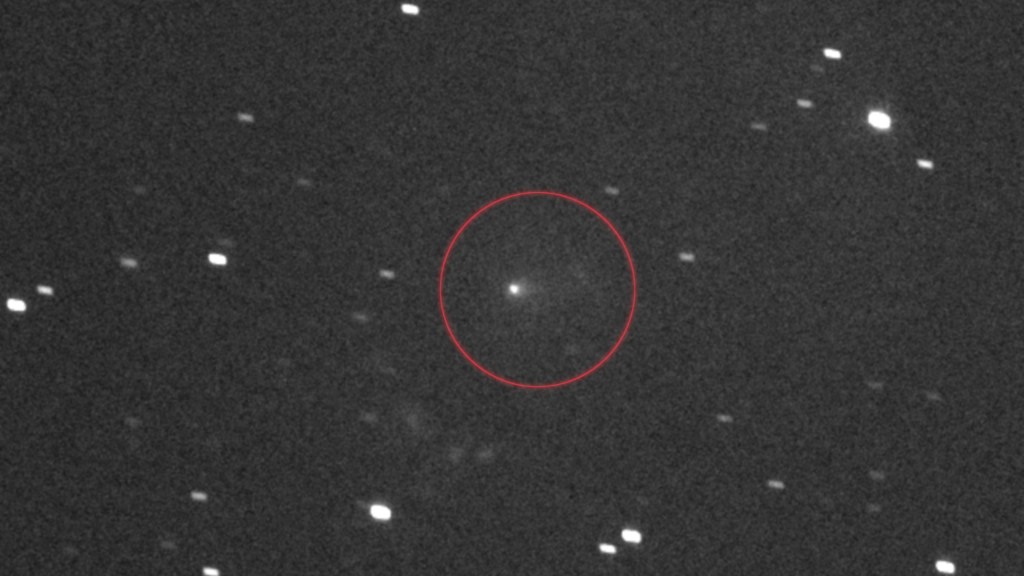Two weeks ago, a sentient humanoid robot called BINA48 gave a talk about consciousness to mere humans at the New Museum in New York. A few months before that, the South African entrepreneur Elon Musk donated $10 million to the Future of Life Institute to support their work in making sure artificial intelligence, or AI, always remain “beneficial to humanity” and won’t start sending deadly gamma rays through your webcam. We live in cybernetic times, and most of the tech world are undecided on whether to cream their pants at the mind-blowing possibilities, or shit their pants at the worrying potential of it all.
It’s that context which makes Alex Garland’s (writer of The Beach and 28 Days Later) recent movie Ex Machina verge on what you could call future realism – it takes things that really could happen in our generation’s lifetime and pushes them to their soul-searching end games. Much like Spike Jonze’s Her, the result is a film that refuses to play on those common tropes of the evil AI that, given an inch, would wipe us to mush. This wasn’t Robopocalypse 4, Keanu Reeves in a leather duster, or continuous scenes of a metal Arnie punching holes in the face of a lorry driver. Ex Machina is a low budget, high concept musing on the philosophical questions around AI that we’ll all need to answer sooner or later; AI as something that can live around us; an object that mirrors humanity and in turn helps us truly define what it is to be human, beyond just pissing, shitting, shagging, killing, eating and tweeting.
Videos by VICE
Continues below
This realistic sc-fi needed a realistic soundtrack. You can’t get go-to composer Hans Zimmer to whip up his usual storm of cosmic orchestra bombast, if you intend to keep things down to earth. And you can’t deploy futile space rock if you want to be taken seriously. So, Garland assigned music responsibilities to Drokk, the experimental project of Portishead’s Geoff Barrow and British composer Ben Salisbury, because nothing marries humans and machines more in melodic matrimony than the digitised emotions of electronic music. Their brief was to create an underscore that could humanise the robotic character of Ava, provoke melancholy, sympathy and compassion from the viewer – which wasn’t an easy job considering that apart from her face Ava looks like a slender scarecrow made from chainmail, HDMI cables and rocket lamps.
I caught up with both Geoff and Ben to talk about creating music that can make robots seem human, how they feel about artificial intelligence, and the growing trend for experimental movie soundtracks.

Photo by CUTS
Noisey: Hello Geoff, hello Ben. I take it you two are sci-fi fanboys then?
Ben: We both grew up as kids being massively influenced by John Carpenter, and for me personally the more commercial end of sci-fi. Terminators, Blade Runners, all of that.
Geoff: That whole kind of post-nuclear, 80s thing that was in b-movies was a huge thing for me. The original Red Dawn, the kind of films that went straight to beta-max.
Is artificial intelligence something that interests you both?
Geoff: I feel like I’m pretty artificially intelligent myself. No, but seriously, it’s become a huge thing. I think as a kid when you realise that concept is special. I remember watching adverts and there was this toy truck, and you used to put in instructions, and you’d think “that’s doing that by itself!”
Ben: Yes and it would deliver your Dad’s coffee or something? A big impact on our generation was growing up with AI in film – we grew up with Blade Runner, that was the first cert 15 film I went to see. Our imaginations were captured. We’re original Star Wars kids. But working on Ex Machina, it felt like during the whole eight months we were working on it stories about AI kept coming out, whether it was something from Stephen Hawking or someone else. We found ourselves immersed in it.
Do you think films like Ex Machina and Her are important in making artificial intelligence a topic that is discussed from a less scaremongering and more thoughtful angle?
Ben: Absolutely. Sci-fi has always had that interesting component. It provokes questions and takes subject matter that is normally beyond the realm of normal conversation and brings it to the masses.
Geoff: Ex Machina really divides opinion in the way people think about it. As you know Ben, we worked with people on the peripheries of the film who would watch it when we were doing it, and their take on what Oscar Isaac’s character was doing to the robot character of Ava was very different. Some of them were saying “I don’t understand why what he is doing is so evil and wrong, it’s just like fucking a toaster?” We were quite shocked.
Your music is pretty important in making Ava seem human. Hell, I think I fancied her.
Ben: Alex knew the film would fail if the audience didn’t have empathy for Ava as a human being. You need to believe that someone can fall in love with her. Me and Geoff have an inclination to write stuff with a melancholic edge to it, and that worked but for this one time when Alex wanted something with no edge at all – just for this one bit where you first see Ava and she is dressing. He wanted something completely naive and fairytale-like. That was a challenge, because sometimes it’s harder to do pure unadulterated loveliness.
Geoff: It’s so easy to hide behind a massive wash of distortion. It takes a hell of a lot more to write a decent song than it does to stick on a load of pedals.
What is the main difference in your approach as Drokk between making a soundtrack and an album?
Geoff: Its a really interesting question. When you make music, unless you are an ambient artist and you want to make music that settles in someone’s atmosphere, then you want to make an impact. Everything you do, every lyric, note, emotion, you want it to hit. With Portishead and my work, I’ve always wanted to do that. If you take “Machine Gun”, it’s not subtle. But in film, you are writing music to go under a dialogue. Usually, the last thing somebody wants you to do is make an impact. So it has been quite a big transition for me to write what I consider non-music. That sounds like an awful thing to call it but I don’t know what else – underscore is probably the correct term. To write interesting underscore is really difficult, which is why a lot of people just rely on synthy pads.
Ben: I think, Geoff, you got your head round this towards the end, and it is something I’ve always had to know, that it is not like being in a band and saying “look at me”. The real creative buzz is in doing something stealthily. Film scores are about manipulating people without them knowing they are being manipulated.
Did you know straight away how you were going to approach Ex Machina?
Ben: It was a given from the start that it wouldn’t be a big orchestra.
Geoff: He knew the starkness we were capable of, and that we weren’t scared of basically rocking traditional soundtracks.
Ben: We know that it wasn’t going to be a Drokk score. Drokk had a very clear aesthetic that used these two 70s synths and only them to create a very John Carpenter-esque sound. With Ex Machina we knew the electronic side of things would be useful. It needed an ultra simple, human element, very naive, almost fairytale quality to it, to help the character and the audience to fall in love with Ava. It needed this weird combination of human and electronic music which I suppose is a reflection of the film’s subject matter.

Your score reminded me a little of Mica Levi’s score for Under The Skin, which rounded up plenty of prizes last year. Do you think directors are becoming more versed in commissioning experimental scores rather than just ten vintage pop songs or a string section?
Geoff: I run a label called Invada and we have definitely benefited from that. We are selling quadruple the number of soundtracks than we are band music. With a pop or a rock song, unless it is fairly extreme and free form, you kind of understand the language of say 12 bar blues or rock’n’roll, you know where it’s going to go, even if you don’t think you do. A soundtrack without the picture is like a car with the windscreen blacked out, you don’t know where it is going to go. It makes an interesting listen. You will go from a sweet thing into something really dark and then suddenly back into major within a really short time, which you don’t get in popular music. For me, Mica Levi’s Under the Skin OST is one of the most outstanding records I’ve heard in a decade. I didn’t even hear it with the film, I just heard it and thought “what the fuck!” It was so strong. I thought it could be a weird relative of the Haxan Cloak.
Ben: The continuation of that is that filmmakers are definitely looking for other options when it comes to scoring. You mentioned the option of grabbing a load of tracks, or getting a commercial composer to do an orchestral score. Those options are still relevant, but there is definitely a move to find more writers and more interesting ways of doing things.
Finally, what’s your favourite ever movie soundtrack?
Geoff: Assault on Precinct 13. It’s just the one for me. It always has been. Before Portishead and all of that. That was the film. Also, I think Ben’s Skype just cut out.
Shit. Better end it here then. Thanks Geoff!
You can follow Joe on Twitter.
More
From VICE
-

3I/ATLAS -

Isaac Hayes (Photo by Anthony Barboza/Getty Images) -

Screenshot: Larian, X @shinobi602 -

Gene Siskel and Roger Ebert (Photo by Norm Staples/Getty Images)
